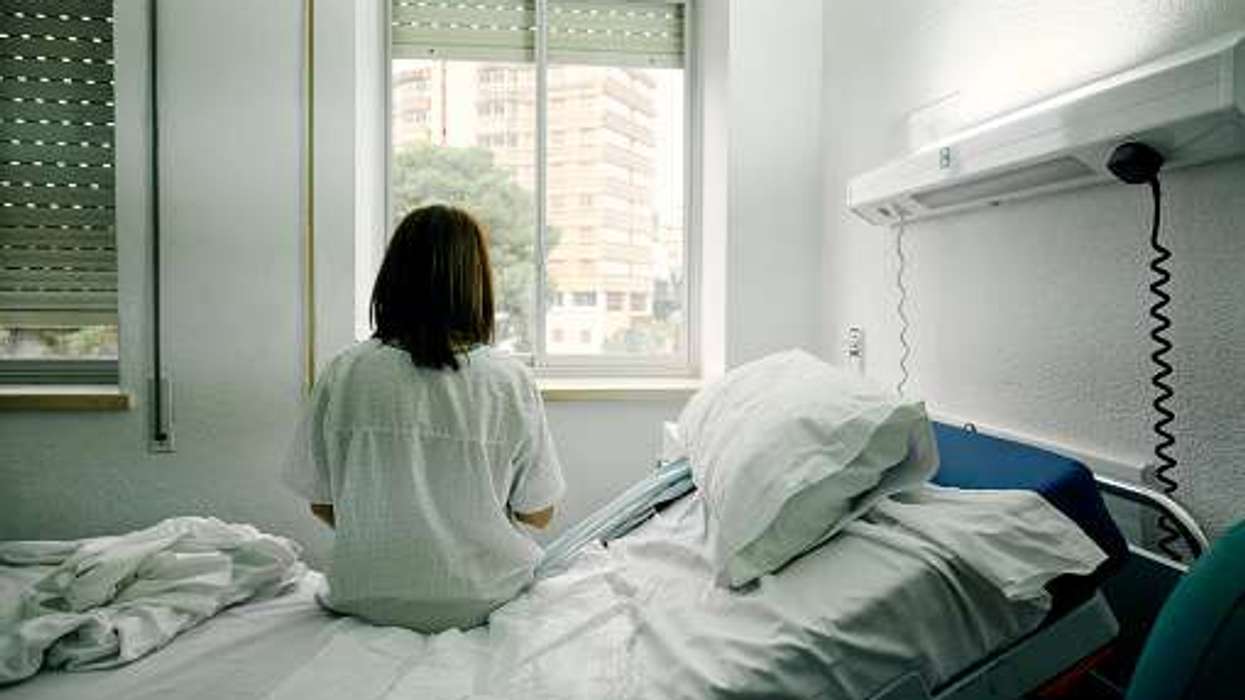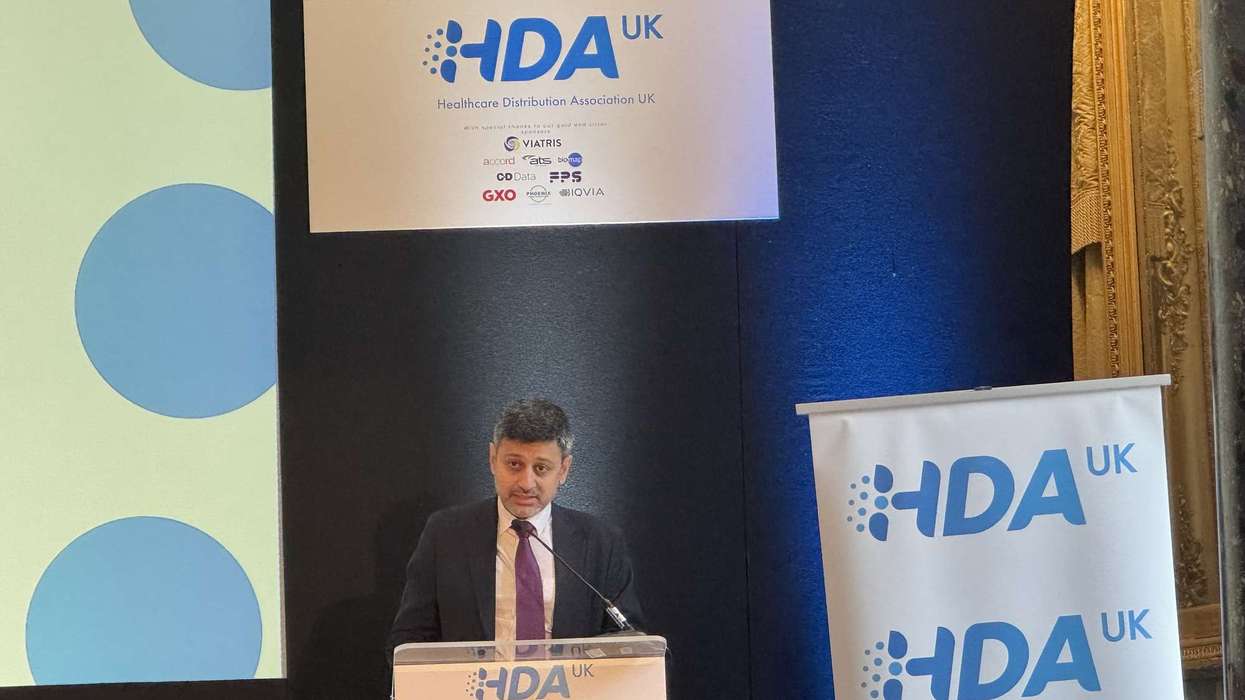A new report published today (June 29) by the think tank Policy Exchange highlights key role for community pharmacy in management of primary-secondary care interface.
The report called Medical Evolution has received cross-party support. It says an equivalent of 15 million GP appointments per year are spent dealing with issues managing care between GP practices and hospitals.
Research from the think tank also finds 150,000 people could be on ‘hidden’ waiting lists (where a patient has been referred by a GP for further treatment, but not included on official hospital waiting lists).
On the eve of the NHS Long Term Workforce Plan, the report calls for the development of 'interface specialists' – which could be undertaken by doctors, nurses or community pharmacists to enable them to work more routinely across settings and to strategically plan interface working.
The authors call for new roles to be trialled across a number of integrated care systems in the next two years.
Welcoming the report, Labour MP Taiwo Owatemi MP said: “The interface between primary and secondary care is becoming increasingly complex, and requires a dedicated approach… the proposals which look to minimise patient risk at discharge from hospital have particular significance for me.”
Dr Nick Thayer, Head of Policy at The Company Chemists’ Association, said: "Policy Exchange's timely report sets out numerous pragmatic solutions and recognises the importance of pharmacy in efforts to improve the primary and secondary care interface.
"Despite the Discharge Medicines Service (DMS) proving its worth in reducing readmissions, patients across England continue to face a postcode lottery. Improved patient outcomes around the transfer of care need a DMS which is embedded into everyday practice. It's now time to truly harness pharmacists' skills as experts in medicines at the primary-secondary care interface".
Report author and Head of Health and Social Care at Policy Exchange, Sean Phillips, said: “Pharmacy plays a critical role at the interface, from making referrals for urgent cancer investigations to handling complex medicines management after discharge. We want to see pharmacy enabled to play a more strategic role in planning interface initiatives, with training developed to enable them to seamlessly work across settings and in MDTs.”
The report, authored by Dr David Landau, a retired consultant oncologist and Dr Sean Phillips, Head of Health and Social Care at Policy Exchange, calls on the Government to target the interface for further reform. It cites growing frustrations (from both patients and clinicians) at care management despite growing complexity of work caried out across the interface.
Making twenty recommendations in all, the authors state that whilst the report focuses on the GP-hospital interface, its findings will have applicability for other ‘NHS interfaces’, such as with social care.
Recommendations in the Policy Exchange report include:
- The development of an Interface Improvement Initiative, which reports directly to ministers, tasked with identifying key areas where national-level interventions can optimise interface working
- To enable patients to ‘track’ who is responsible for their care when being supported by a number of providers (via the NHS App), building on the ‘My Planned Care’ platform
- For ‘interface specialist’ roles to be developed for doctors, nurses and pharmacists & to be piloted in integrated care systems (ICS) in the next 12-24 months
- For an ‘Academic Primary Care Accelerator’ scheme to be developed - jointly funded by a coalition of partners enabling GP practices to apply for additional funding to operate predominantly as academic units (and to test effectiveness of new ‘interface specialist’ roles)
- For Integrated Care Boards to target the development of ‘community clinics’ in specialities (such as paediatrics or respiratory medicine) which can deliver the most significant returns in value for money and improved waiting times











